The Uprising: Colonial State, Christian Missionaries, and Anti-Slavery Movement in North-East India (1908-1954)
In 1908, a Welsh doctor named Peter Fraser turned down a lucrative job with the British government and travelled as a Christian missionary to the remote Lushai Hills of North-east India the habitat of a reportedly wild, headhunting tribal people. While Fraser found acceptance among the natives, he also came in conflict with the colonial state over the tribal practice of bawi, a practice he found akin to slavery. This clash was symptomatic of a larger issue that marked colonialism in South Asia: the tussle between the colonial administration and the missionary institutions. The Uprising chronicles this conflict which witnessed Fraser, after being expelled by his own mission, petitioning and lobbying in the British Parliament and subsequently in the League of Nations through the Anti-Slavery Society and the lasting impact it had on the lives of the Lushais.
Writing in a narrative form, Sajal Nag brings out the immense historical significance of the contradictions between the colonial state and the missionary institutions and argues that neither institution, contrary to popular perception, was a liberating agency.
Get it now and save 10%
BECOME A MEMBER
-
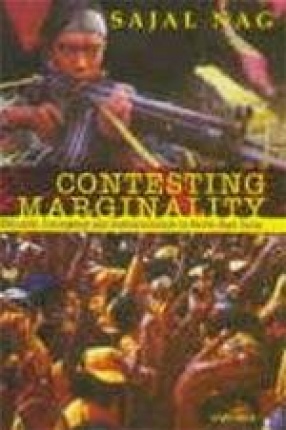
Contesting Marginality: Ethnicity, Insurgency and Subnationalism in North-East India
-

Roots of Ethnic Conflict Nationality Question in North-East India
-
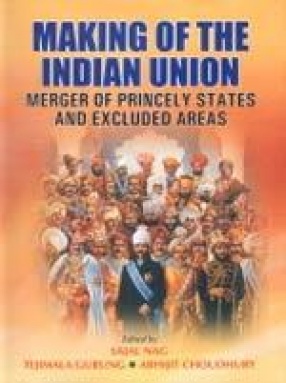
Making of the Indian Union: Merger of Princely States and Excluded Areas
-
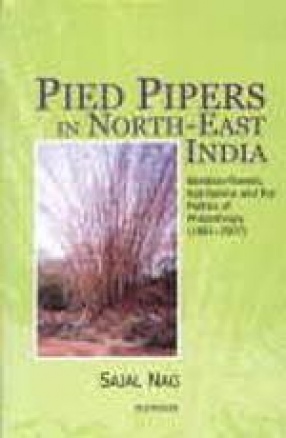
Pied Pipers in North-East India: Bamboo-Flowers, Rat-Famine and the Politics of Philanthropy (1881-2007)

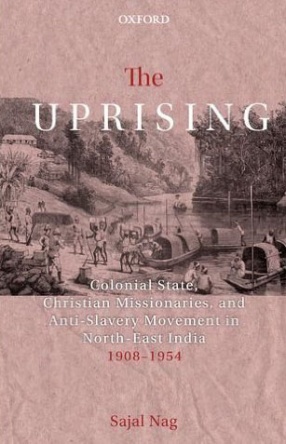

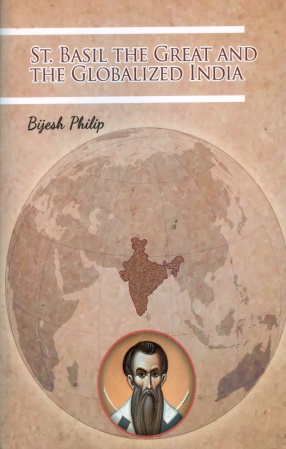
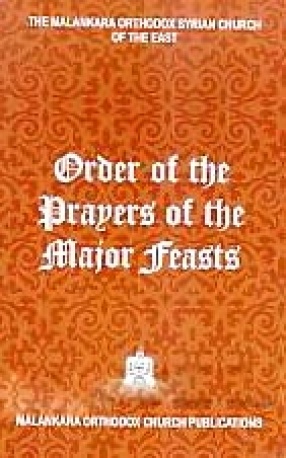
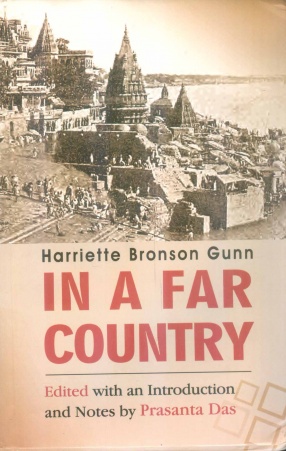

Bibliographic information